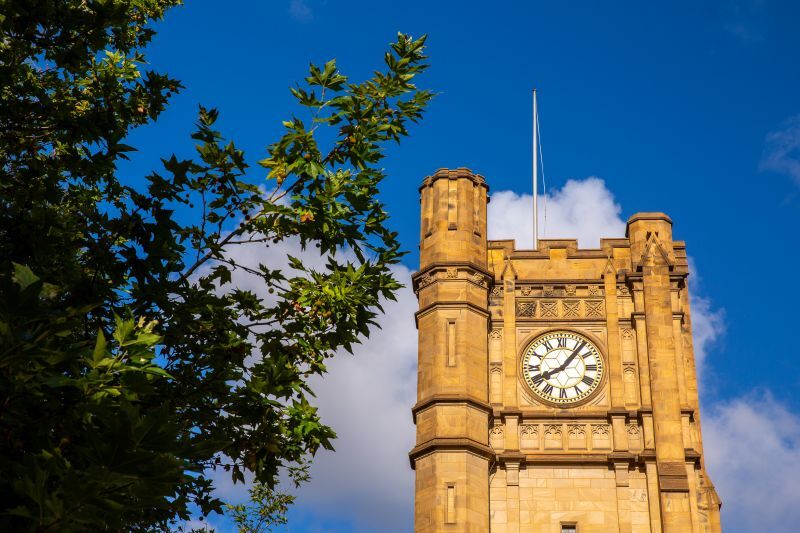The University of Melbourne releases anti-racism commitment

The University of Melbourne has today released a four-part anti-racism commitment. As a diverse, multi-cultural and multi-faith community, the University of Melbourne condemns racism and actively stands against it. We recognise its destructive impact on individuals and the damage it causes our community and our institution.
We are committed to addressing our history, its legacies and contemporary racism, by taking action to respond to and prevent racism in all of its forms at the University of Melbourne.
This commitment is a key element of our work on Indigenous truth-telling and the development of our Indigenous Strategy, and we will enhance our collective understanding of the forms of racism that Indigenous students and staff experience as the foundation for determined action.
Our commitment will be the foundation for the development of the University’s first Anti-Racism Action Plan, to be developed in ongoing consultation with our University community and informed by the lived experience of our students and staff.
To understand racism in all its forms, we will make full use of diverse perspectives and frameworks to develop our policies, and to remain in dialogue with our students and staff, ensuring that our approach continues to evolve.
We will develop a definition of Islamophobia in consultation with our Muslim students and staff, taking proper account of other external expert thinking in the process.
In direct response to recent conversations with many of our Jewish students and staff, we will adopt the International Holocaust Remembrance Alliance 'working definition of antisemitism', and we will continue to draw insight from other available frameworks and definitions.
In committing to defining these and other forms of racism that affect our community, we affirm our strong and resolute commitment to our values and policies on Freedom of Speech and Academic Freedom of Expression. We, like all universities, must continue to welcome and enable vigorous political debate and difference of view based on rigorous academic investigation.